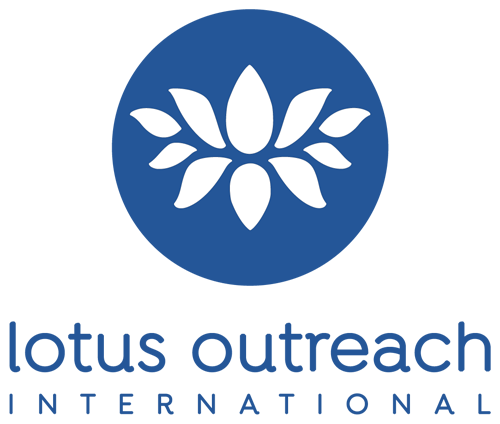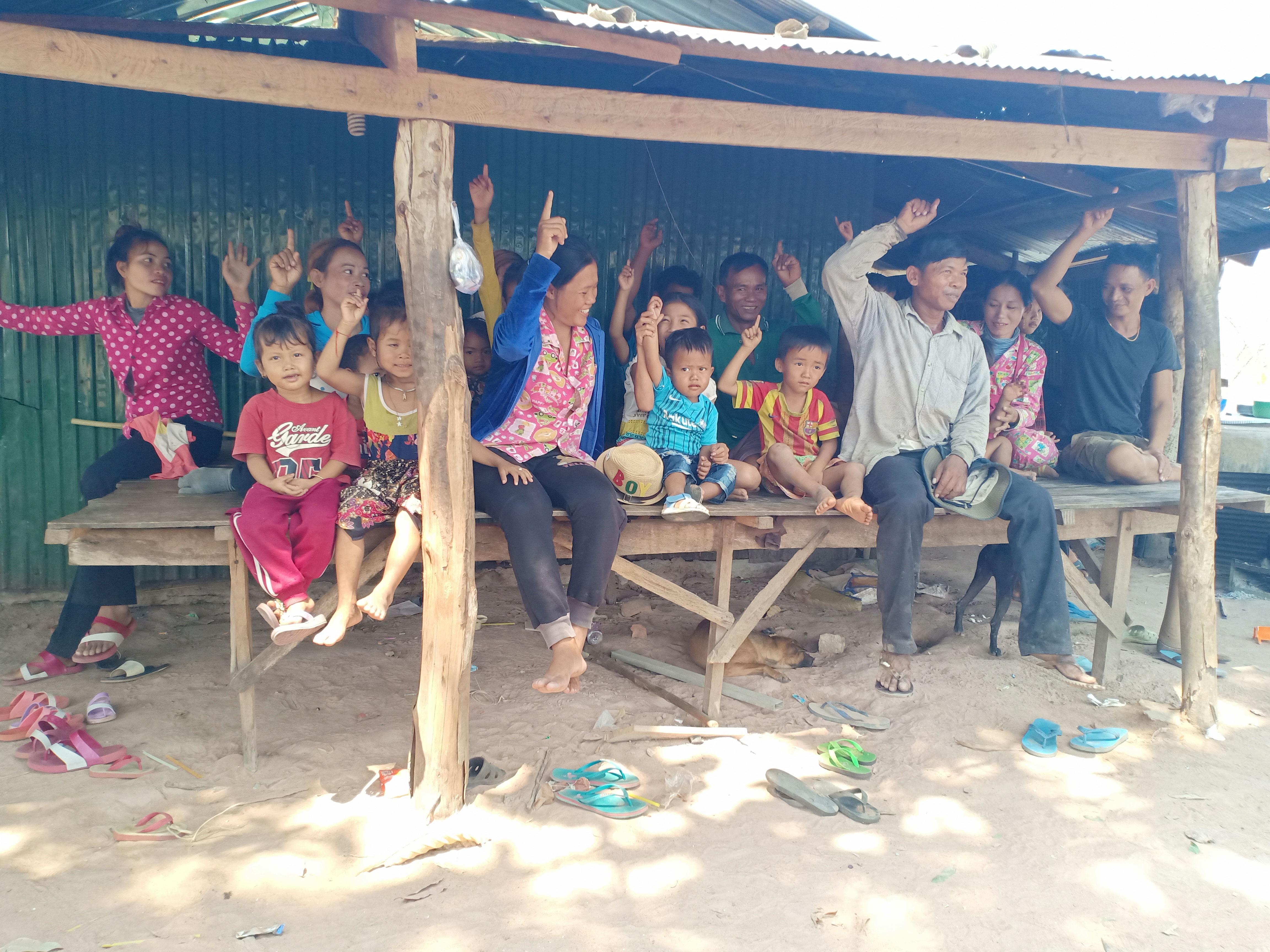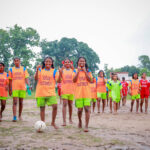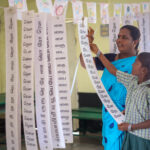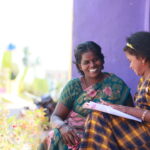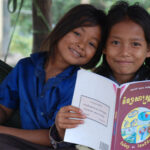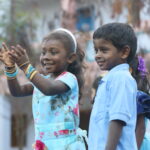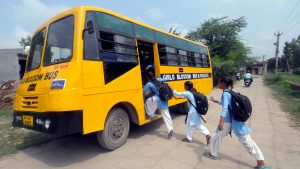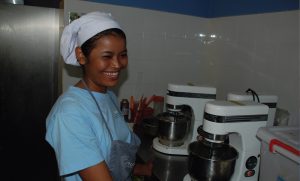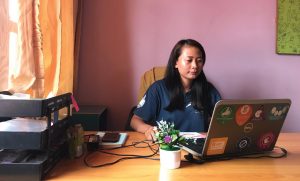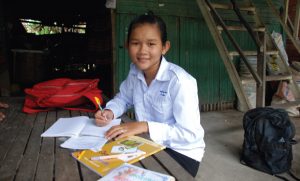Clean Water for Tha
Our Getting Well program constructs water wells that serve entire villages in the drought-prone regions of rural Cambodia. Here’s an update from the field from our Country Representative, Raksmey Var.
***
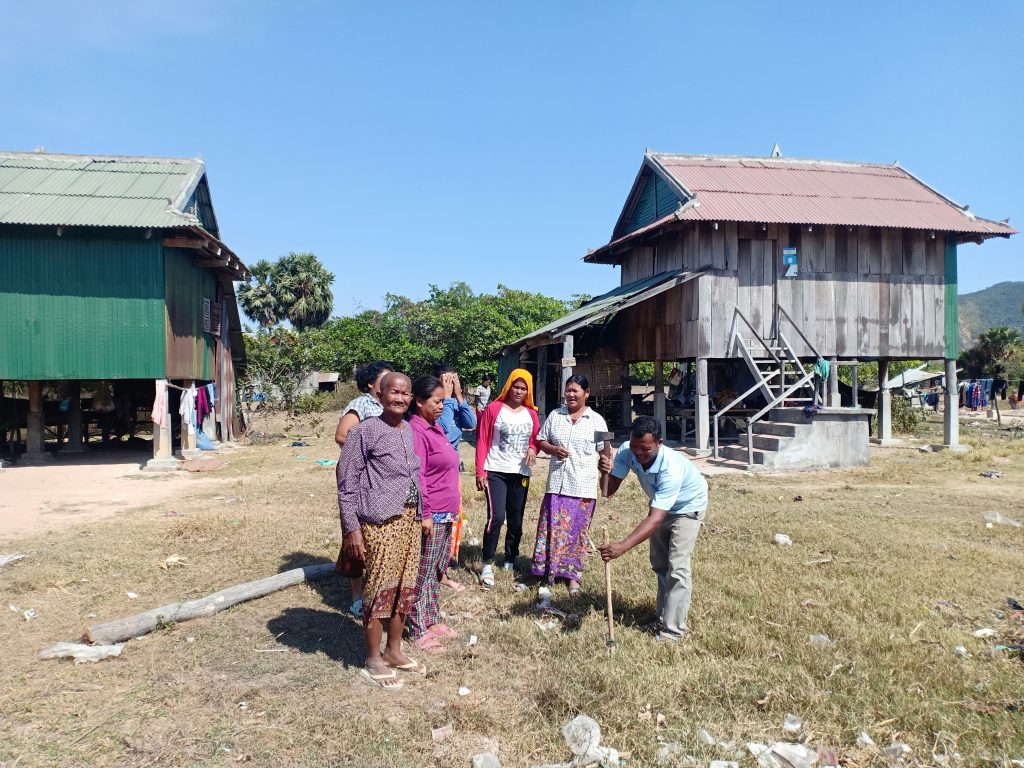
Lotus Outreach International’s Getting Well project, in partnership with the Cambodian Organization for Children and Development (COCD), has facilitated water users to form 12 well management committees for 12 water wells (one committee for one water well). There are three leaders (chief, vice chief, and treasurer) in each committee who are elected by other water users. The committees are responsible for:
- Proper operation and maintenance of the wells by collecting required maintenance cost from water users
- Seeking necessary technical support and guidance from COCD/ engineer/ Provincial Department of Rural Development/ local mechanics if necessary
- Maintaining necessary records like income, expenditures, and meeting minutes
To promote ownership, the project called for participation from villagers in the form of labor and cash contribution (if possible). The villagers were happy and agreed to contribute 12 plots of land to locate the water wells. Moreover, villagers contributed local resources such as wood and labor to build fences around the water wells to keep cows, pigs and buffaloes out of the well compounds.
By the end of June 2019, 11 water wells were successfully drilled and used by 899 villagers (414 females) including 273 (151 girls) children as well as 12 (1 female) disabled people.
The water from the 11 water wells has been tested in the Resource Laboratory Water Analytical Results in Phnom Penh to ensure its quality and that it is safe and free of arsenic, bacteria and other chemical matters. The result showed the water from 11 water wells is clean and safe for drinking and other usages.
48-year-old Tha is one of the beneficiaries of the well. She lives in Prey Veng Village, Srey Khnoung Commune, Chum Kiri District in Kampot Province with eight family members. The family occupation is farming–raising animals and growing vegetables for household consumption.
Because their income is not enough to support everyday expenses, Tha’s two children were forced to give up school, migrating with her husband, 52-year-old Chear, for jobs in other provinces very far from home.
Living without her partner and having to breastfeed a baby who often gets sick, presents difficult challenges for Tha. Not only does she have to manage life on very little money (sent by her husband) for their four children’s education and to buy land to fill a hole around her house to prevent flooding during the rainy season, but she also has to deal with a shortage in water.
“Before having the well provided by the project, I used to carry water from a neighbor’s well quite far from my home to use every day,” Tha shared. “I usually carried water on my bicycle at least four times a day and it took me around 40 minutes each time. Almost everyday my family members were so worried about getting water that my children often arrived to school late because they were helping me carry water.”
In the rainy season, Tha’s family used water from a pond, a shallow ring well, and a stream, but she observed that they often got sick with diarrhea, vomiting and stomach pain. In the dry season (February to May) most of the water sources dry up forcing her to use an alternative water source even further away (around 1km) and to buy water.
In March 2019 we completed the installation of a pump well close to her home. This has made a big difference in her family’s well-being. “I found some significant changes to our life,” Chab shared. “We stopped worrying about carrying water a long distance, my children have enough time to learn and they always go to school on time, and I do not have to buy water any more. Moreover, my children are healthier.”
Tha also uses the water from the well to grow vegetables and feed animals. She is very grateful to have a well close to home. Tha would like to express her gratitude to the Getting Well project and to the donors for caring for her community and giving life and hope to her family and the 15 families who now benefit from this new well.
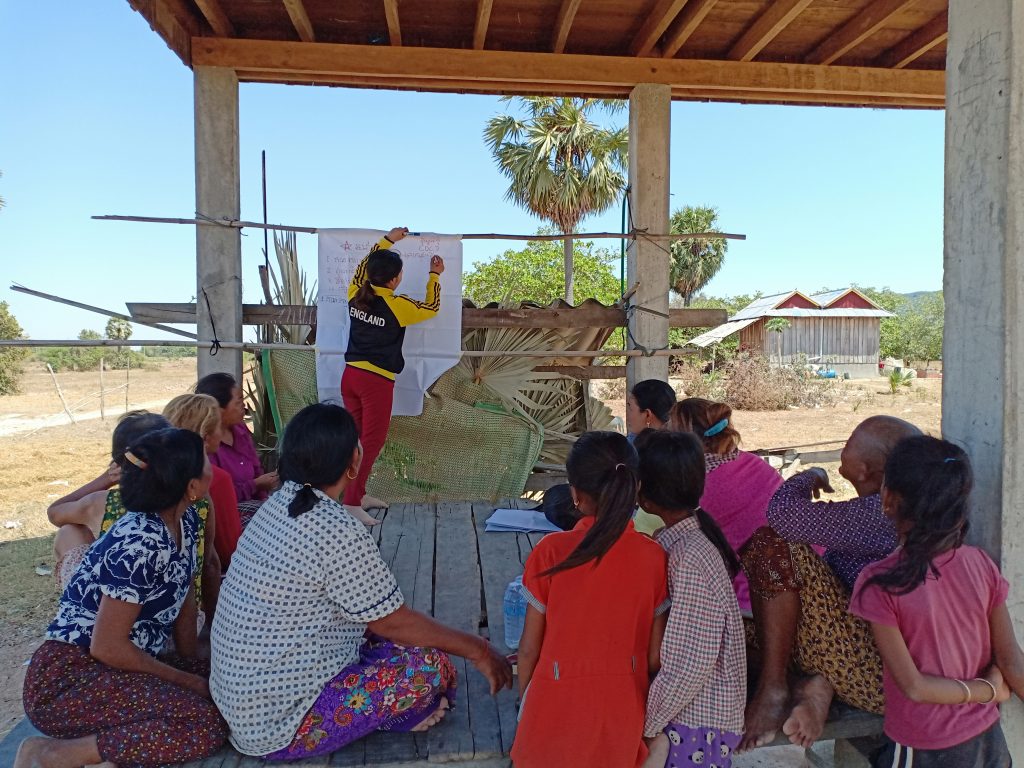
Well committee meeting 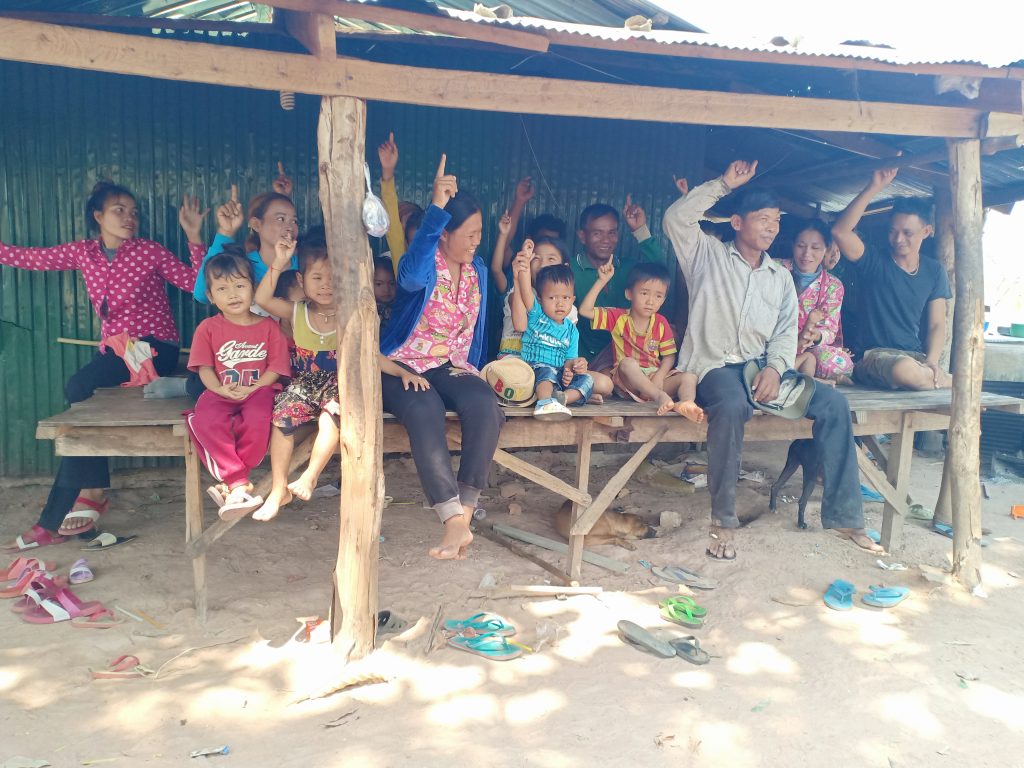
Who wants a well? 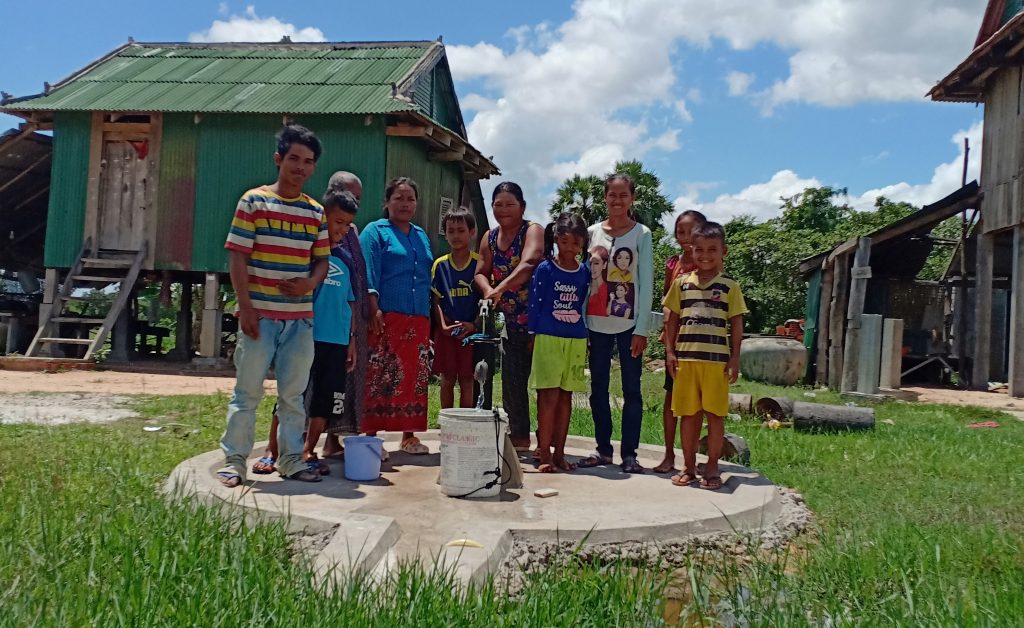
The well is done!
